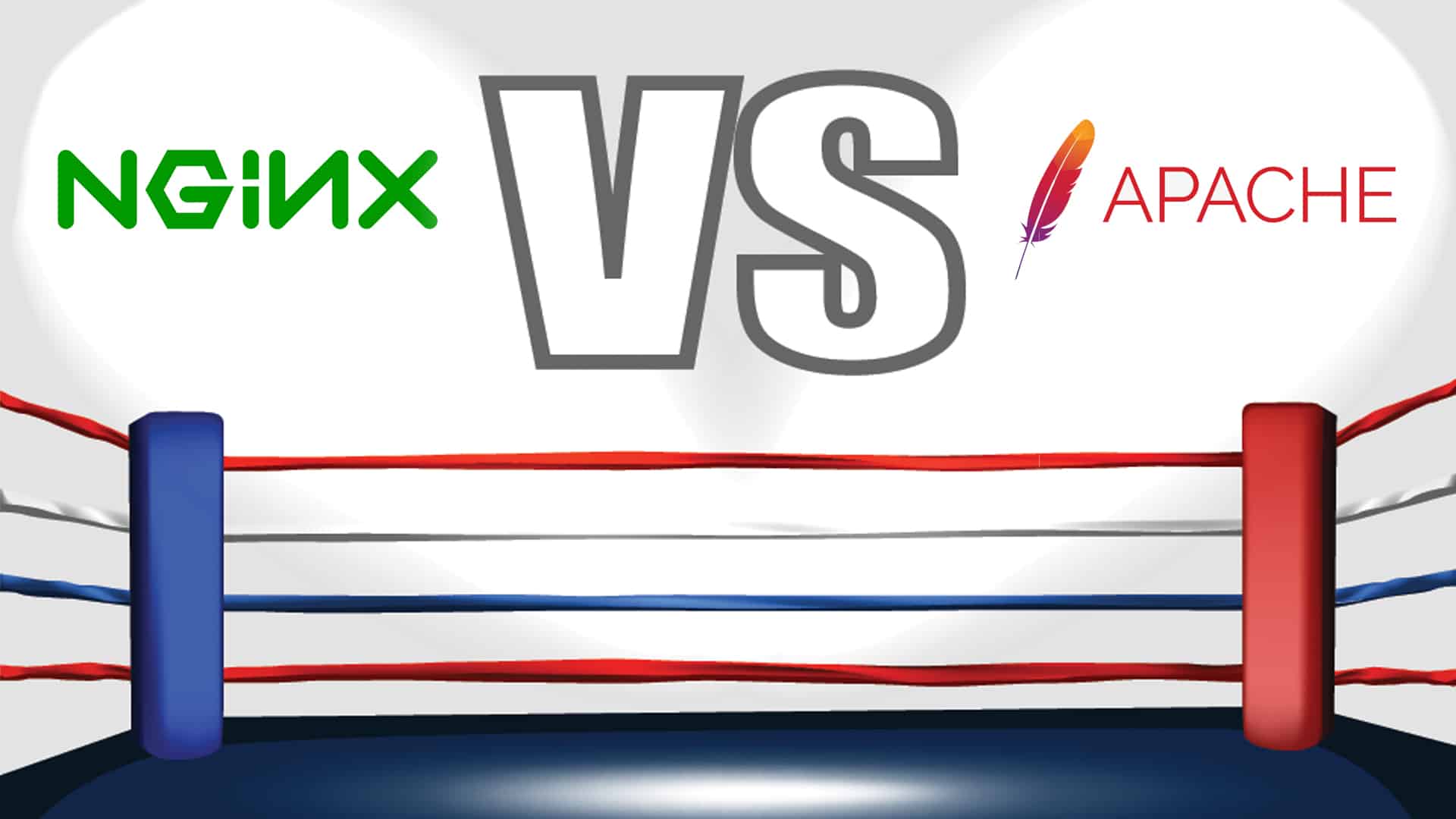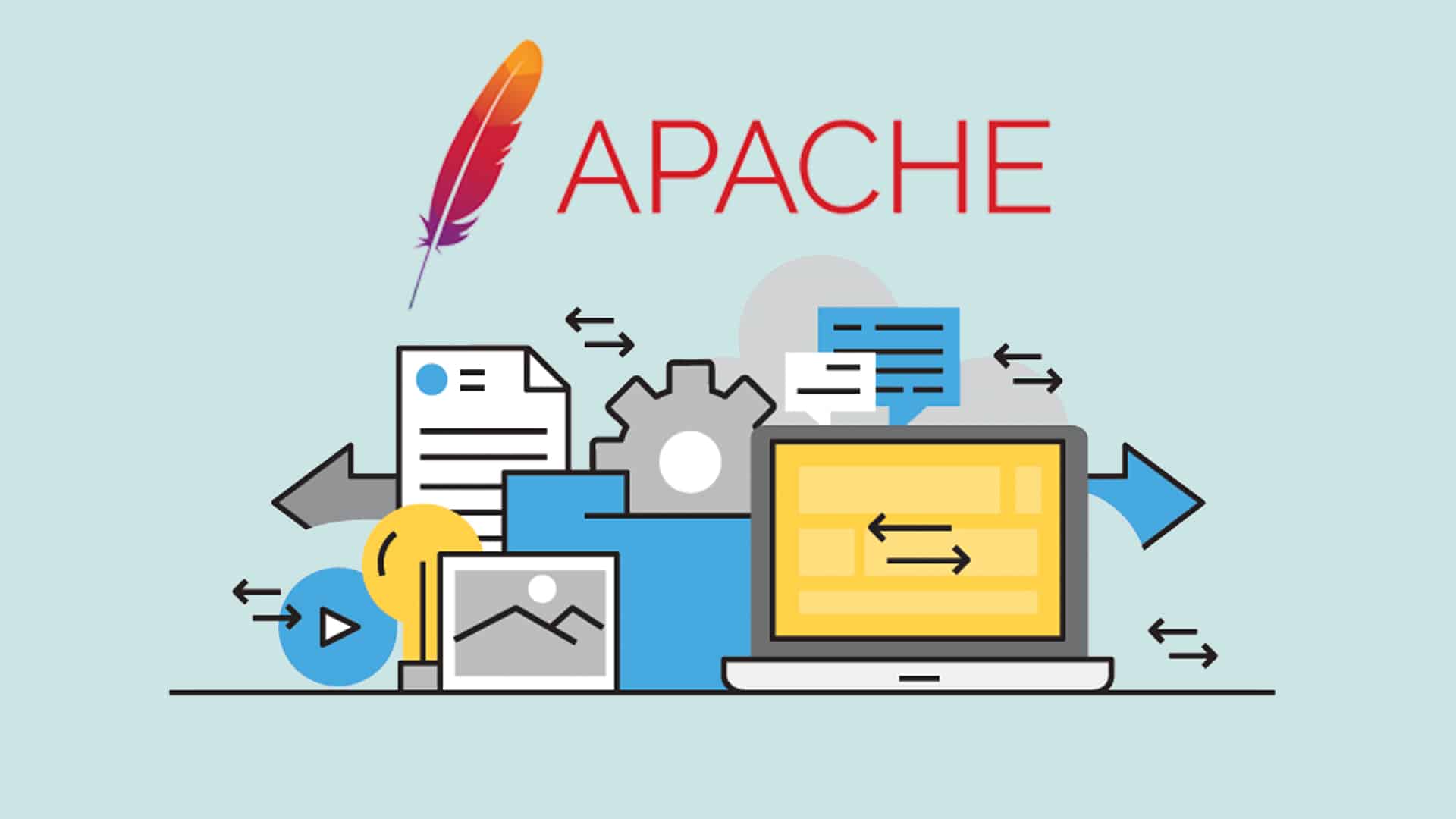Nginx vs Apache Comparison 2018

The two most popular open source web servers are Nginx vs Apache. Combined, they are the main source responsible for over fifty percent of the internet traffic the world over.
Nginx and Apache are able to handle different and diverse forms of workloads and also work with other types of software that can form a web stack. Between these two web servers, they have a range of common traits, however, there are factors that make them unique in their own way.
If you are considering either option, this tutorial is an excellent source of information that could help your decision.
An Overview of Nginx

Nginx was originally a solution for the issue of C10K which was originated by Igor Sysoev in 2002. The challenge arose when they were trying to solve how to handle 10,000 connections as a present-day requirement. Its debut went live two years later in 2004; to the world, Sysoev was hailed as being able to meet the goal of being an asynchronous architecture that is driven by events.
Since then, Nginx’s popularity has soared. It is loved by web designers due to its minimal resource utilization and its scalability using the least amount of hardware. To pinpoint one its greatest advantages, Nginx serves static content fast and it can surpass any dynamic requests to other forms of existing software that is better suited for this purpose. Administrators opt for this because of how well it responds under heavy loads as well as its resource efficiency; it is also loved for its proxy features and robust web server.
Compatibility and Usability
Nginx is free to use and can be run on Unix, Linux, Mac OSX, and some forms of Windows. If you are new to this and if you need any help, you can reach out to an active community of users who would be more than happy to share their insights with you. If you are a professional, you might see a few more traits in Apache than Nginx due to the former’s feature-richness. In terms of usability, there will be less documentation and support required compared to Apache.
Advantages of Using Nginx
What makes Nginx sell out? The salient feature is that it is a web server that is asynchronous; Sysoev was looking for ways in which he could exploit every possibility of improving the server’s preliminary architecture without having to simultaneously increase the hardware it uses. He built this wonder that was asynchronous, event-driven, and had a single threaded architecture; this was in stark comparison to what Apache had being a single thread per process and synchronous type.
How does Nginx perform against Apache?
In these conventional types, the server will allocate one thread per client for their connection. When the number of clients increases, this might block the memory that is being used and will delay the process until the memory clears out, making allocations.
If you were to fix this with separate processes it would only increase the amount of hardware that is needed. Nginx addresses this by creating one master thread with worker processes that can look into the needs of hundreds of clients simultaneously without hindering the memory. This is possibly why Nginx is preferred for websites that have high volumes.
Who uses Nginx?
This should not come as a surprise, as large organizations with high-volumes of traffic like Pinterest, Zynga, Netflix, WordPress, Airbnb, and Hulu use Nginx; it only ranks as a third to Apache who has a market share of 38%. Nginx has 15%, according to a study conducted in 2014.
Why choose Nginx?
When it comes to the sphere of performance, do not be fooled by percentages. Nginx is far superior in terms of OS platform and hardware use; it can handle almost forty percent more traffic to its servers compared to Apache with less than 300% time. Numerically, that makes it 4.2 times better with speed than the contender, Apache.
An Overview of Apache

Robert McCool created the Apache Server (HTTP) in the year 1995 and it was further developed under the directives of Apache Software Foundation from 1999 onwards.
This HTTP server is the main product of the Company and is just referred to as ‘Apache’ due to its popularity. It is no wonder that it is the most popular web server since the mid-nineties. Apache has the added advantage of being able to integrate with other external software.
Now for the million dollar question: what makes this a popular choice amongst administrators? Three words: Power, Support, and Flexibility. It can be extended through a dynamic loadable system and can be interpreted by many languages.
Using Apache Servers
This is freely accessible as it is an open source server; this means that you can customize the code to enhance performance and develop programmes further. The fans of Apache stay local to the core by handling any misdemeanors, fixing and supporting development from the Foundation.
Apache can be run on any type of Operating System like Unix, Windows, Linux, NetWare, and OSX – but it is known to favor Linux above all. The LAMP server solution for the Web is originally a combination of PHP Scripting Language and MySQL database together.
Nginx Vs Apache?
Since its birth almost two decades ago, Apache has hit the milestone of serving one hundred million websites in 2009 and is considered the market leader.
However, in recent times, there has been an erosion of sorts through its rivals. One is Microsoft’s IIS and the other is Nginx. Apache Foundation continues to battle despite losing more than half of its market share in 2010.
Conclusion
Nginx and Apache are very close rivals; they are almost the same. We did say ‘almost’. The clear advantage of Nginx is that is able to do more with fewer amounts of resources, and being a whopping speed of 4.2 times. Obviously, Apache is more established with the backing of its software foundation, but speed converts into money. The main point where Apache trumps Nginx is that it is compatible with Windows, unlike the latter.
If you are considering either option, it is best to evaluate what your organization requires the most and opting of either depending on that.
Don’t miss: